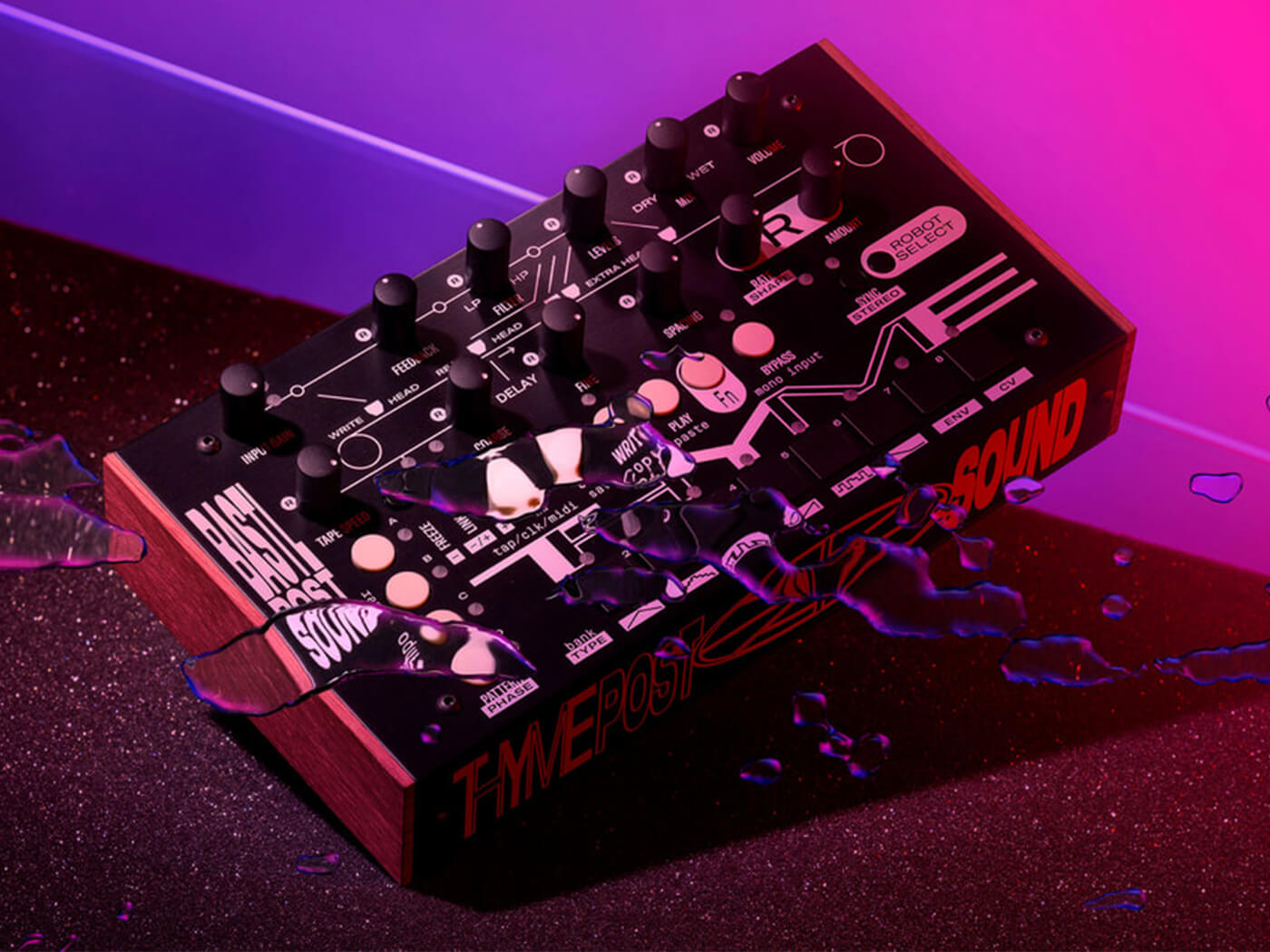Say goodbye to Bastl Instruments’ Thyme, the latest casualty of the global chip shortage
“Good night, sweet prince…”

Image: Bastl Instruments
The global chip shortage has already vastly extended the lead times on component orders and in many cases created unpredictable fluctuations in their availability altogether, but it continues to wreak havoc for music technology companies. Most recently, Czech developer Bastl Instruments has been hit by the shortage and is saying goodbye to its lauded Thyme effects processor.
Taking to Twitter to announce and mourn the forced discontinuation of Thyme, Bastl Instruments writes: “Good night sweet prince. You have fallen victim to the global chip shortage like many others. Sweet dream… you will not be forgotten. [sic]”
Good night sweet prince. You have fallen victim to the global chip shortage like many others.
Sweet dream…you will not be forgotten
Fs in the chat boys and girls and others. pic.twitter.com/vZ7rgc6C8H— Bastl Instruments (@bastlinstrument) July 28, 2022
A stereo multi-effects “sequenceable digital tape machine”, as the brand says, the Thyme boasted a powerful array of delay, phaser, reverb, chorus, pitch shifter, multi-tap delay, tape delay, tremolo, vibrato and compression. In Bastl instruments’ words, the powerful unit enabled “your tunes [to] explore many sonic spaces, real or imaginary, from a tiny cubicle or to luxurious halls of corporate headquarters. The Thyme builds up a new world that can be sustained or let fall into ruin and chaos – the choice is yours, boss!” Sadly, no more.
Several convergent factors are to blame for the global shortage of chips. It’s often also referred to as a shortage of semi-conductors, referring to the key elemental components in integrated circuits. The pressure imposed on companies by the COVID-19 pandemic made them more susceptible to slowdowns in supply caused by international shipping restrictions and sanctions –specifically on China – and even fires breaking out at key semiconductor fabrication plants; for example, the Renesas Naka plant in Tokyo in March 2021.
The result is a whiplash effect that moves up the supply chain and, despite affecting companies both large and small, presents pressing existential questions to smaller companies who cannot stockpile large quantities of components or order them in bulk.
When it comes to music technology, many companies are adapting by redesigning particular circuits in existing products with different components, which in turn impacts the lead times on new products.
The situation has also encouraged some developers to move into software instruments and plug-ins where they might otherwise not have. Other companies have not been able to adapt so easily. Boutique developer Future Retro, responsible for the 777 and Orb instruments, recently announced it will shut down production altogether, citing “the current state of the world and global parts shortages.” Lauded US-based developer Synthesizers.com has also advertised itself for sale, stating, “we are at a difficult point financially, and are staring at an unknown economic future.”

The war in Ukraine has added another dimension to the problem. In March 2022, Behringer— which has made no mystery of its battle with component shortages in recent months— raised the issue that 50 percent of the global production of neon gas, a key component in semiconductor production, takes place in Ukraine.
Behringers suggests that new chip plants, including a $20 billion factory being built by Intel in Ohio, could help ease the problem over the next few years. The brand then asked: “Rather than complaining about delivery dates for products, shouldn’t we all take a step back and focus our thoughts and prayers on the Ukrainian people?”
To learn more about the discontinued Thyme, head to bastl-instruments.com.